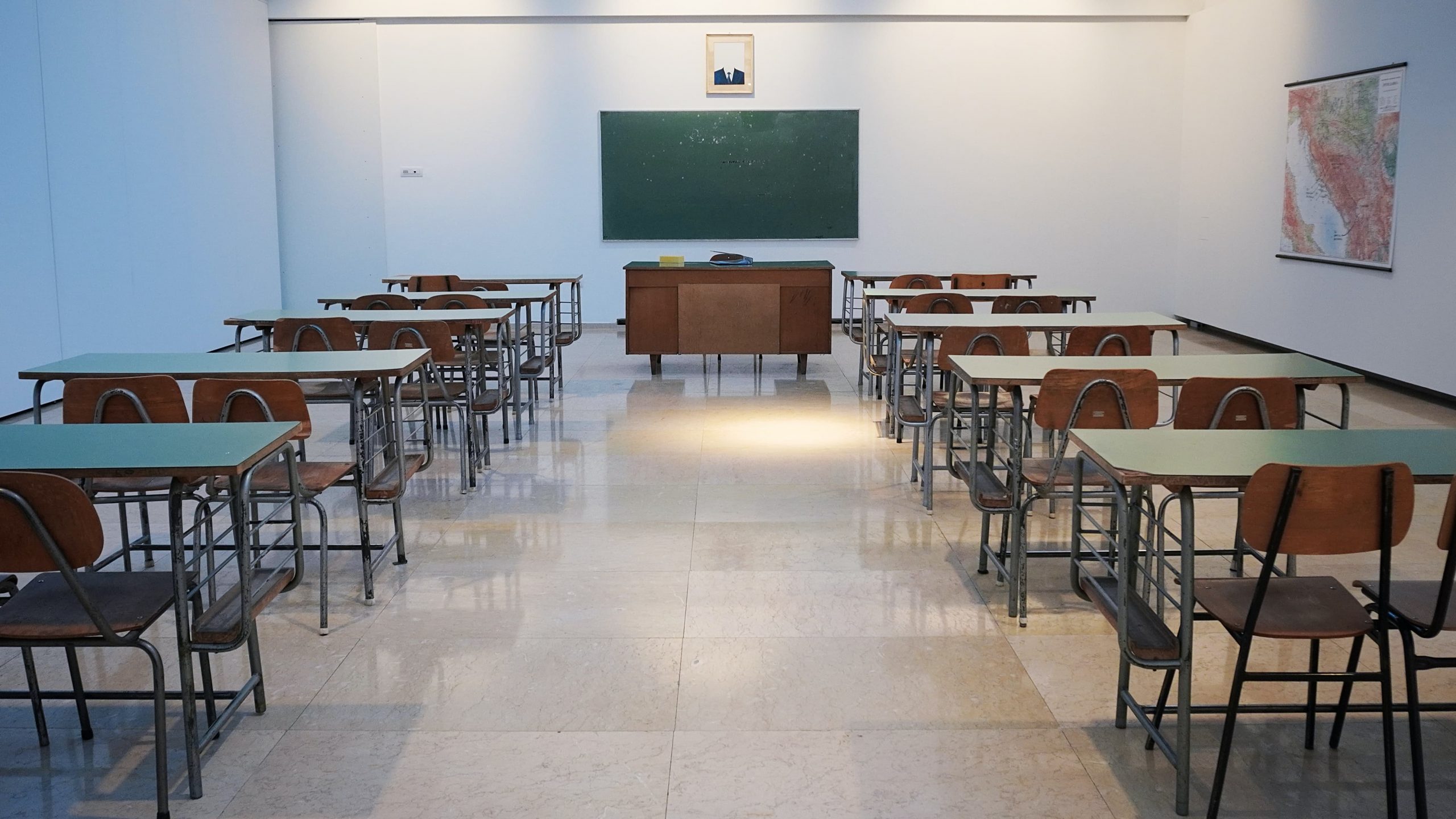The teenage years are hard. You’re tired, you’re navigating unfamiliar social worlds, and your body’s working overtime to grow into an adult body. It can be a challenging time for parents, too, with mood swings and the emergence of children desperate to become more independent. But what happens when typical signs of growing up are signs that your child is consuming alcohol? How do you spot the signs, decipher what is healthy and what is not, and intervene to help them?
The Signs
Teen alcohol abuse can be incredibly detrimental to a child’s development. Drinking too much can interfere with the expression of a protein that is integral to the development of the brain. This is especially pertinent during the teenage years when the brain is still growing.
It is essential to know what the signs of alcohol abuse in teenagers are to intervene and treat them effectively if necessary. Generally, be on the lookout for changes in behavior, both at school (perhaps they have begun skipping class, or their classroom performance has drastically changed) and at home. Here are a few of the most common signs that your teenager has been drinking:
Physical signs
One of the most obvious signs you will notice if your child has been drinking will be a physical one, like a hangover. If they are more tired than usual and more irritable, or if they have been throwing up or seeming unwell after a late night, they could have been drinking.
Other alcohol-related injuries and physical signs of drinking can include smelly breath, bloodshot eyes, slurring speech, and fatigue.
Loss of appetite
Appetite changes a lot during your teenage years – a lot happens in our bodies as we grow. However, if you have noticed your child has a sustained loss of appetite, this could be connected to alcohol misuse.
Mood swings
Now, these are familiar territory when it comes to the teenage years. However, like all these signs, they are most likely to signal that something is unsuitable if it is a stark change to their normal behavior. Alcohol can be used to self-soothe as a kind of self-medication, and so sustained use of alcohol can sometimes lead to bouts of aggression.
What to do if you think your teenager has been drinking
The first thing you should do is talk to your teenager. This task can be difficult, complete with eye rolls and irritation, but this first step is crucial. Pick a time when a conversation will be most productive, when your child is not tired or about to leave the house, etc. Family-based interventions like therapy can be an effective way of treating the root causes of alcoholism in children, too.
Positive interventions for adolescents also happen in the school environment through alcohol prevention programs and mass media campaigns. The most effective interventions will occur in places the child is most exposed to, predominantly the school and virtual environments.
If you are finding it hard to get through to your child and have consulted a healthcare provider’s help if needed, one other option is to place them in a temporary boarding school or boot camp.
A therapeutic boarding school is a home away from home run largely by social workers that combine academic study with physical activity and therapy sessions with mental health professionals to provide a holistic treatment for the child. These schools are excellent if your child also has a mental illness.
Another avenue to explore is boot camps, which might be especially good for those who have been heavily drinking below the legal drinking age. These camps use regimented, structured sessions of physical exercise and healthy discipline to practice hierarchies of respect that can be useful in forming healthy behavior patterns in teenagers going back into their communities.
While much of this blog can seem quite daunting, the main thing is that you are seeking information on how best to help a teenager who is experiencing alcohol-related problems. From access to alcohol to sales to minors and public policies, many factors facilitate the conditions for underage drinking, and many community organizations are working to combat it.
If you have noticed signs of binge drinking in your teenager, it is essential to act as fast as possible to protect your child. For help and support on finding a boarding school or boot camp, we can help you find a school in your state.











0 Comments